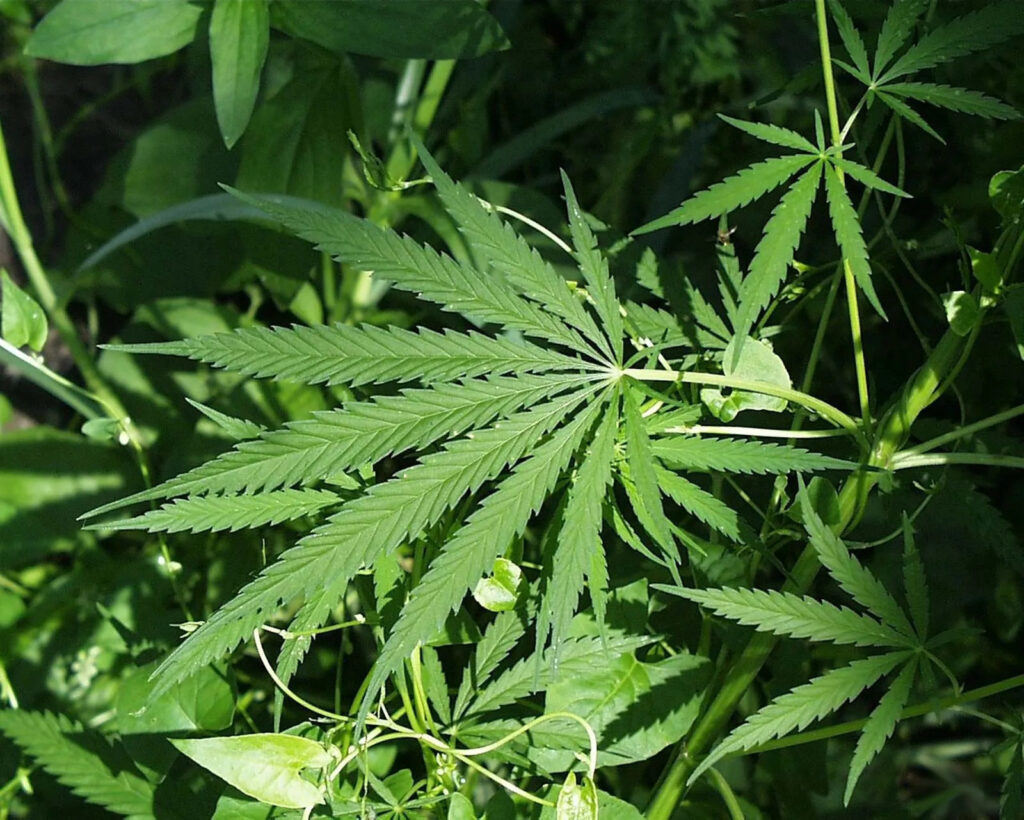
After years of lawmakers adamantly voting against legalizing recreational marijuana in the state of Florida, the state’s Supreme Court, in a surprising 5-2 vote, has decided to allow the question on November’s ballot.
This pivotal decision marks a significant shift in Florida’s approach to cannabis legislation.
Amendment 3 aims to build upon the existing infrastructure of medical marijuana by allowing companies already involved in its cultivation and sale to expand their operations to include recreational sales. This expansion would be limited to adults over 21, aligning with regulations in other states where recreational marijuana has been legalized.
The potential passing of the amendment — it will require 60 percent approval to be enacted — is a controversial one, as the legalization of recreational marijuana has only begun a little over a decade ago. The first states to pass the measure were Colorado and Washington state.
While Florida legalized medical marijuana in the summer of 2017, there still is a lot of disagreements around the subject. At FAMU, the Medical Marijuana and Research Initiative recently discussed unregulated cannabis products in their “Conversations on Cannabis” series. In the conversation, law enforcement officials Ken Vila and Lesley “Trey” Miller III shared their opinions and experiences with marijuana in Florida.
“I think there’s definitely an increase,” Vila said. “It’s easier to obtain because of the internet, and you don’t have to go to a street dealer to get it, and if you can’t find it that way you’re going to get it another way.”
Miller piggybacked on Vila’s observation, saying that although they don’t suggest marijuana use it’s preferred to the much harder drugs that the narcotics team in law enforcement has to deal with.
“It’s one of those things you see more people smoke marijuana, but I’ll be honest with you, I’d rather see someone go smoke marijuana because it’ll decrease the amount of Narcan use,” Miller said.
The state Supreme Court minority argued that because recreational marijuana has not been legalized on a federal level then it should not be legalized in the state. However, the potential passing of the amendment would not only legalize it for all legal adults but decriminalize it as well in the state of Florida.
According to the Ansara Law Firm located in Fort Lauderdale, the current charge for possession of marijuana in the state is only a misdemeanor if the offender possesses less than 20 grams of marijuana. The charges only result in jail time when the possession reaches a felony level of 20 grams or more.
Given that the amount of charges for possession of marijuana has drastically declined from over 68,000 charges in 2000 to barely 100 in 2021, the stigma around the use of it is declining, making it a more realistic prospect for the state of Florida.
The future of recreational marijuana in Florida now rests in the hands of its voters. Following November, Florida may join the 24 other states that have legalized marijuana.